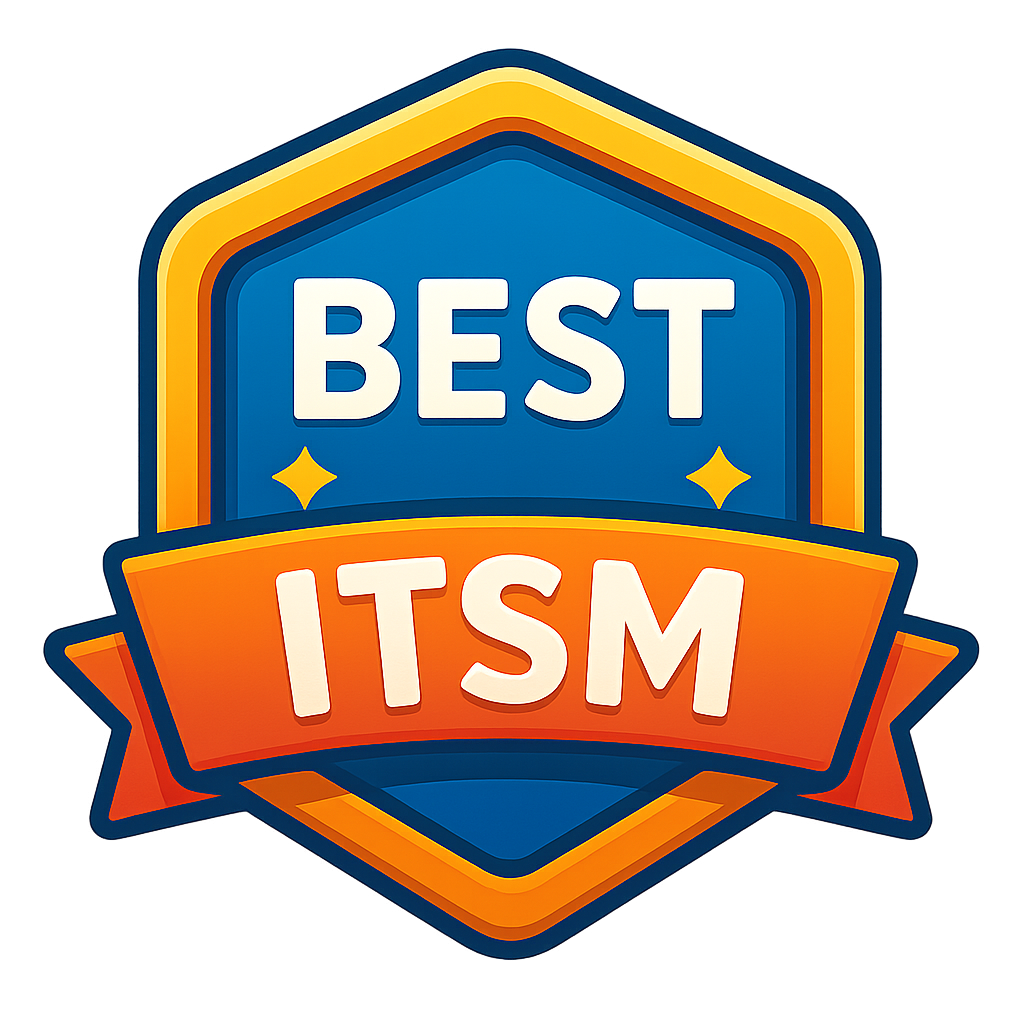Zendesk's Shift to Private Ownership: A Strategic Move
In a significant corporate maneuver, Zendesk has exited the public market after being acquired by a private equity consortium led by Hellman & Friedman and Permira. This $10.2 billion deal transitions the customer service software provider into private ownership, offering stability and strategic flexibility.
Why the Move?
The acquisition allows Zendesk to sidestep the volatility of public markets, providing a guaranteed valuation for shareholders. This stability can facilitate long-term strategic planning, free from the pressures of quarterly earnings and investor scrutiny. It also positions Zendesk to better navigate the competitive landscape of customer service software, where innovation and rapid adaptation are crucial. As a private entity, Zendesk gains the freedom to make bold strategic moves, such as diversifying its product offerings or exploring new markets. The company can invest more aggressively in advanced technologies like AI and machine learning, enhancing its platform's capabilities. This focus on innovation could strengthen Zendesk's market position, providing customers with more sophisticated tools for managing customer interactions.
Potential Underlying Factors
Beyond the stated reasons, there may be deeper motives for going private. The tech sector's volatility can impact stock prices unpredictably, making the public market less appealing. Additionally, Zendesk might have faced pressures from activist investors, pushing for short-term gains at the expense of long-term strategy. This transition to private ownership marks a new chapter for Zendesk. Freed from the constraints of the public market, the company can prioritize long-term growth and innovation. While the exact future path remains to be seen, this move positions Zendesk to better compete and thrive in a rapidly evolving tech landscape.
